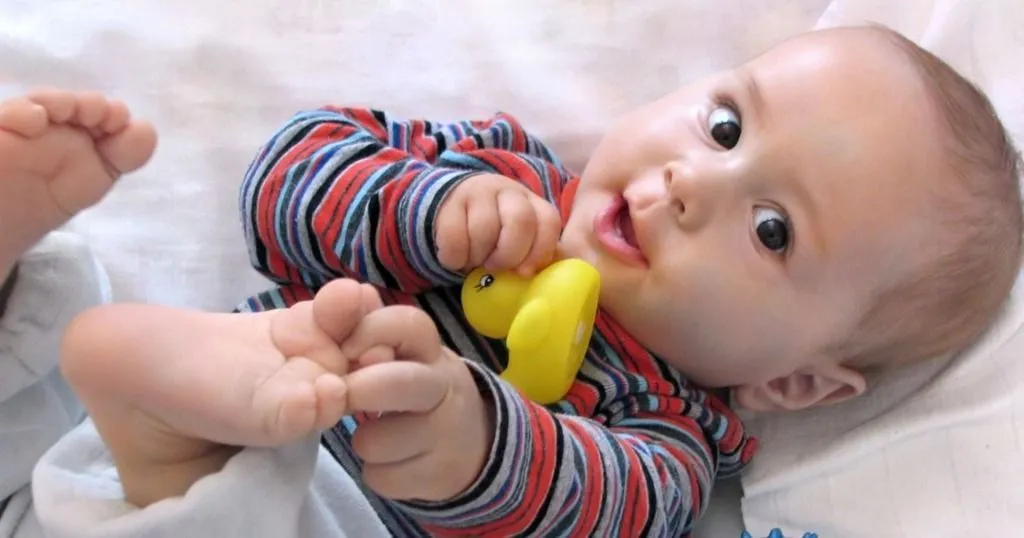The effect attention training has on social anxiety disorder
It is inevitable that everyone will experience anxiety and stress at some point in their lives. Most individuals are able to move past their stress with just a little bit of effort.
Posted by
Published on
Wed 24 Jul. 2013
Topics
| Anxiety | The Observer XT | Mental Disorder |

It is inevitable that everyone will experience anxiety and stress at some point in their lives. Most individuals are able to move past their stress with just a little bit of effort. For those with social anxiety disorder (SAD), this becomes a huge task.
The effect attention training has on social anxiety disorder
Social anxiety disorder, also known as social phobia, is defined by Bunnell et al. as an intense fear and apprehension of social scenarios in which the individual may be assessed or evaluated by others. This social distress is combined with avoidance of the anxiety-provoking situation, thus creating significant functional impairment for those with this disorder.
Brian Bunnell and his colleagues chose to replicate a previous study on attention training that had received positive results, and see if they could replicate these results and also observe any changes in social behavior that might occur as a result.
Attention training and SAD
Cognitive theories tend to suggest that anxious individuals often tend to direct their attention toward stimuli that relates to their specific concerns, and this can lead to more stress. Therefore, it seems reasonable that in order to reduce stress and anxiety levels in an individual, all that is needed is to train them to focus their attention on something other than the threatening stimuli. This is attention training and in theory, this should work, although recent investigations have found null effects for modified versions of this treatment. This experiment aimed to replicate a previous study (Amir et al. 2009).
What was predicted to happen?
Following treatment, Bunnell et al. believed that three hypotheses would be met. The first was that the percentage of participants who met diagnostic criteria for SAD in the treatment condition would be significantly lower than those in the placebo condition. The second was that the mean Social Phobia and Anxiety Inventory (SPAI) score for the treatment condition would be significantly lower than that of the control condition.
The last hypothesis was that significant decreases in social distress would end up leading to improvement in social behavior during in-vivo social interactions relative to the control condition. One of the important things to note in the results would not be if the results were statistically significant, but if they were clinically significant.
How it was done
Participants were randomly assigned to one of two groups after a pre-treatment assessment – either Attention Training (AT) or Attention Control (AC). In these tests, participants were instructed to attempt to identify the correct letter probe as quickly as possible while maintaining accuracy. Individuals participated in eight sessions, and then completed a post-treatment assessment, which was identical to the pre-treatment assessment. In order to assess social anxiety and behavior, the tests were recorded with video and audio. Behavior was coded by independent raters using The Observer XT.
What happened
Emmelkamp said “There is no robust evidence that attention training is of clinical value” (2012). The results of the Bunnell et al. study support this statement. Rather than having positive findings for attention training, all of the participants in the study met DSM-IV-TR criteria for SAD at post-treatment regardless of the treatment they received.
It had been expected that at least a few participants would no longer meet criteria for SAD, but this first hypothesis was proven false. Also, scores on the SPAI consistently did not differ between the two conditions at post-treatment though the second hypothesis had predicted that the scores would, even when accounting for any pre-treatment differences.
And although there was a statistically significant difference found for the amount of talking time by individuals in different groups in the test, this was not clinically significant as well. The participants in the study all reported experiencing distress and avoidance in social situations, and not many noticed any positive change in their condition, unlike the third hypothesis’s predictions. All of the participants requested additional treatment.
Significance
In theory, attention training seems like a good way to treat SAD. However, in practice, the positive results of Amir et al. have not yet been replicated. The results of the tests did not vary from group to group, except on time spent talking and that was not clinically significant. This matches up with other recent tests on attention training and their conclusion – attention training does not have a large positive impact on those who suffer from SAD.
So what does? More research is needed in this area. And, since Amir et al. found positive results, scholars could look into that study to find out if there were any other factors influencing the results other than the stimuli presented.
References
- Amir, N.; Beard, C.; Taylor, C.; Klumpp, H.; Elias, J.; Burns, M.; Chen, X. (2009). Attention training in individuals with generalized social phobia: a randomized controlled trial. Journal of Counseling and Clinical Psychology, 77, 961-973.
- Bunnell, B.E.; Beidel, D.C.; Mesa, F. (2013). A randomized trial of attention training for generalized social phobia: does attention training change social behavior? Behavior Therapy, doi: 10.1016/j.beth.2013.04.010
- Emmelkamp, P.M.G. (2012). Attention bias modification: the Emperor’s new suit? BMC Medicine, 10(63), 1-3.
Related Posts

How to study human behavior

The response of oxytocin to mother-infant interaction

